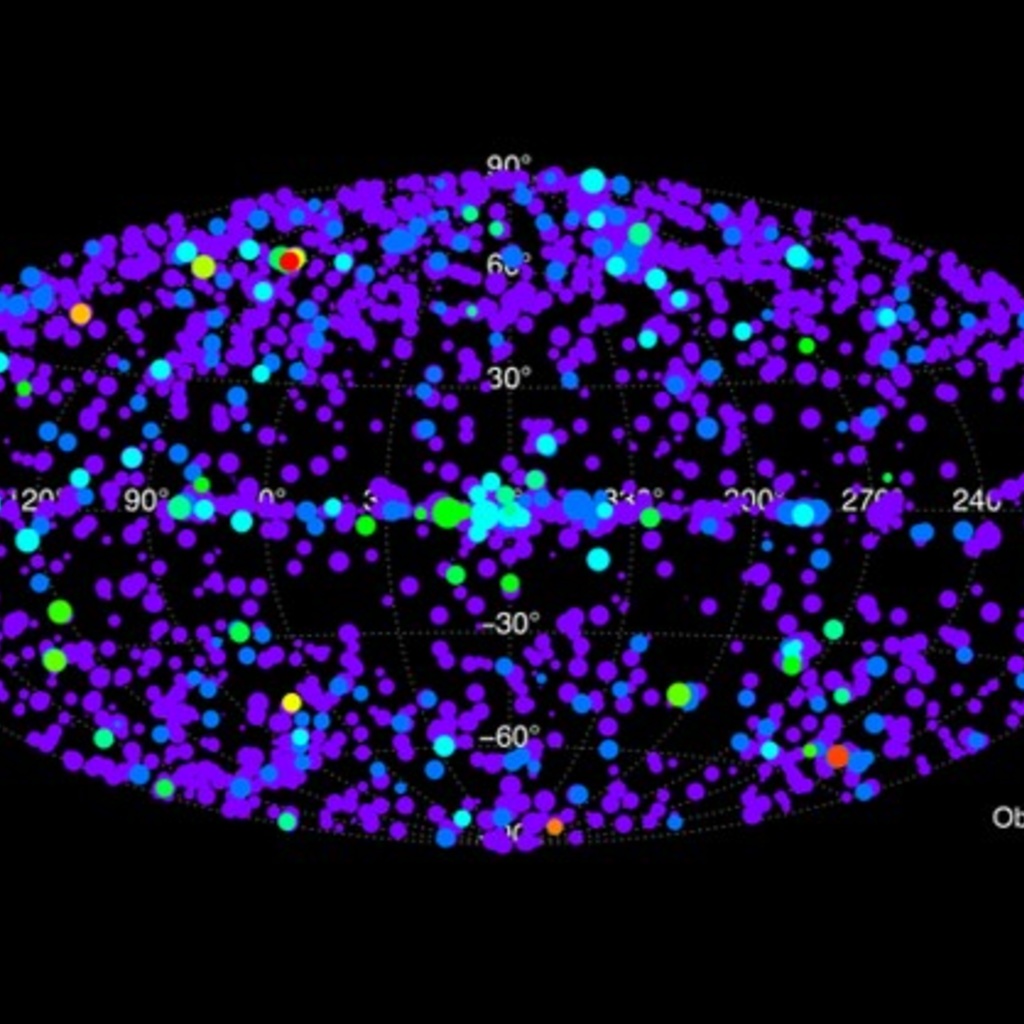Research focus areas:
- X-ray spectroscopy of supernova remnants
- Instrument design / raytracing for sounding rockets, CubeSats, Explorer, and flagship missions
- X-ray grating fabrication and testing
- Grazing incidence mirrors
- Identification of unusual astronomical sources using machine learning

Arcus
Arcus, a free-flying spacecraft featuring a high resolution X-ray spectrometer, was a Medium-class Explorer concept proposed to NASA in a recent (2016) Explorer announcement of opportunity. Arcus utilizes advancements in X-ray transmission grating technology (Critical-Angle Transmission, or CAT gratings) and cost-effective silicon pore optics (SPO), enabling it to take soft X-ray (300 - 2000 eV) spectra of astronomical point sources with unprecedented sensitivity and resolution.

Optics and Astronomical Technologies (OAT) Laboratory
The OAT Lab focuses on the development of astronomical technologies such as diffraction gratings, custom mirrors, and adjustable optics.

Outlier Identification Using Machine Learning
Outliers within an astronomical catalog hold the potential to offer new insights into astrophysical phenomena. Machine learning is used to identify outliers in the Chandra Source Catalog v2.0.